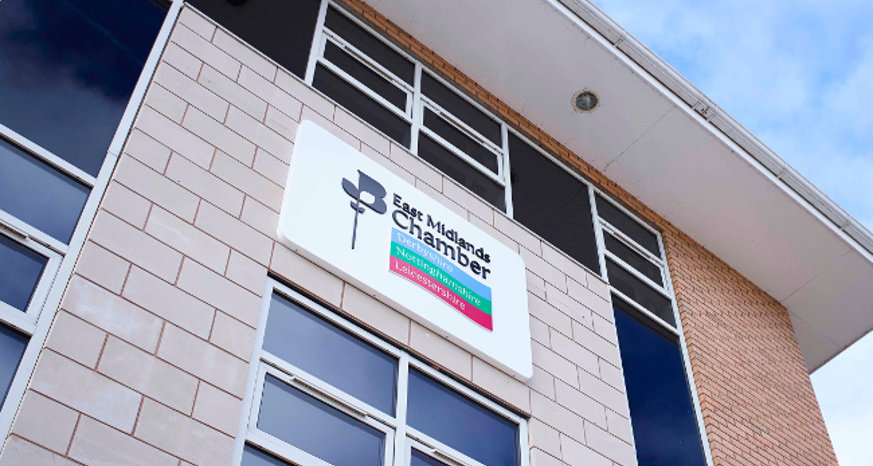Regional unemployment rate remains below UK average for second successive month
Unemployment in the East Midlands has grown slightly – but remains below the national average, according to the latest figures.
The region’s unemployment rate for the period between May and July 2021 was 4.4%, up by 0.1% compared to between April and June, the Office for National Statistics’ latest regional labour market report revealed.
But for the second successive month it was lower than the UK-wide figure, even as this dropped from 4.7% to 4.6% during the same timeframe.
Previously, the region’s jobs market had consistently been hit harder than the rest of the country during almost the entire pandemic – peaking at 5.9% and 0.8% above the national average.
East Midlands Chamber chief executive Scott Knowles said: “After some concerning numbers at the beginning of this year, the unemployment rate appears to have stabilised as Covid-19 restrictions have been rolled back, with the latest data including the period in which stage four of the Government’s roadmap out of lockdown was implemented.
“This has enabled industries that are heavily represented in our region’s economy – including hospitality, retail, and leisure and tourism – to finally reopen fully and prove they have always remained viable if the trading environment allows.
“At the same time, we’ve also seen initiatives like the Kickstart Scheme – in which the Chamber has played a key role as a gateway organisation to facilitate more than 1,000 job placements – contribute to helping young people, who had been disproportionately affected by Covid, find work.
“We expect the region’s jobs market to continue improving, with the latest data from the Chamber’s Quarterly Economic Survey (QES) for Q3 2021 showing a net 26%* of East Midlands businesses saying they have increased headcount over the previous three months and a net 41% expecting a rise in employment over the coming three months.”
Acute hiring crisis for businesses slows progress for employment
While the UK’s August payrolls showed another monthly increase of 241,000 to 29.1 million, the headline figure was that job vacancies hit a record high, rising above one million for the first time since they were recorded in 2001.
Scott added: “The slight increase in the unemployment rate for this latest period may be due to the ‘pingdemic’, which meant some businesses struggled to resume trading as normal because staff and customers were forced to self-isolate. The inevitable hit to income may have deterred firms from recruiting until the Government changed quarantine rules in mid-August.
“The record number of vacancies also highlights the acute hiring crisis faced by many businesses right now. Of the 69% of East Midlands firms that attempted to recruit in the third quarter, our QES showed that 73% of those faced problems in finding the right people.
“We have skills shortages across the board that urgently need to be addressed. Many of these are longstanding but as Brexit and Covid have driven a more deep-seated decline in labour supply, they have come to the fore more prominently.
“The end of furlough is unlikely to be a silver bullet to the ongoing shortages and these recruitment difficulties will likely dampen the recovery by limiting businesses’ ability to fulfil orders and meet customer demand.
“More needs to be done to ensure businesses have access to skills when these can’t be recruited locally – including access to rapid and agile training and re-skilling opportunities for adults in the workforce, and a more flexible immigration system that allows firms to access the high and low-skilled workers they need.”




